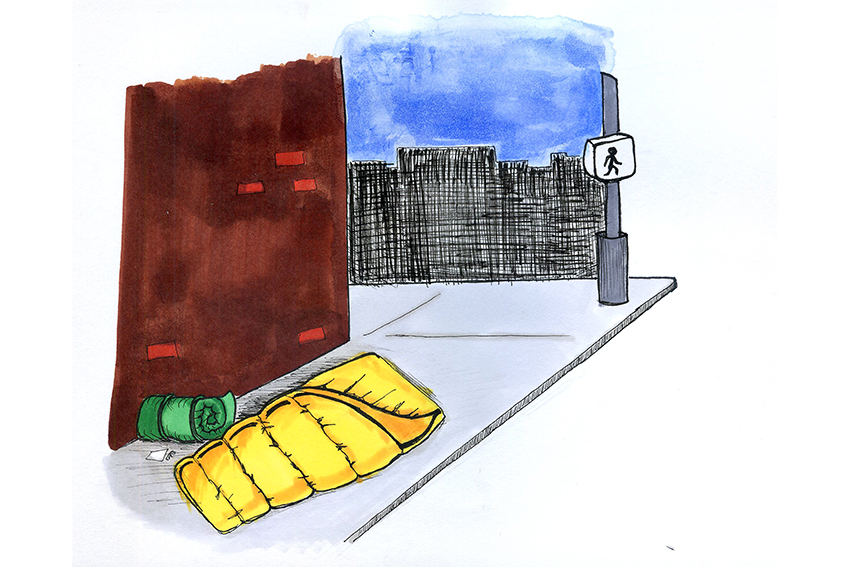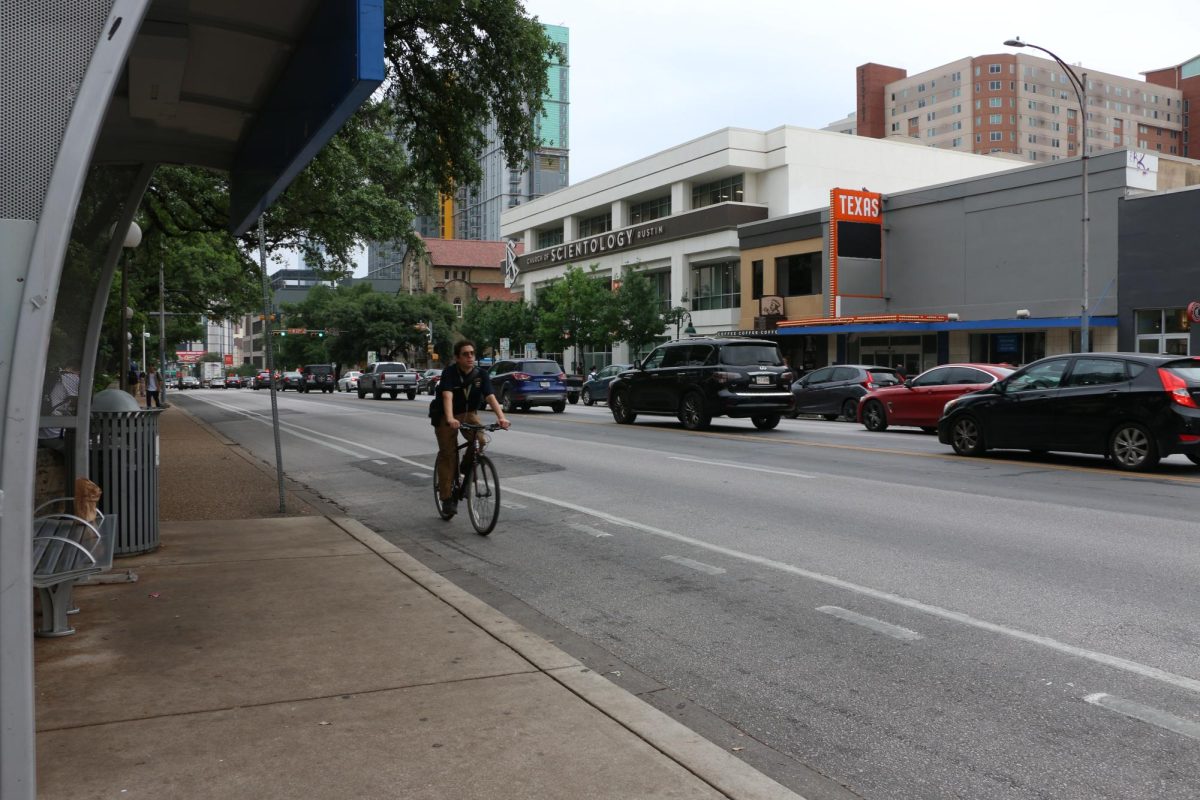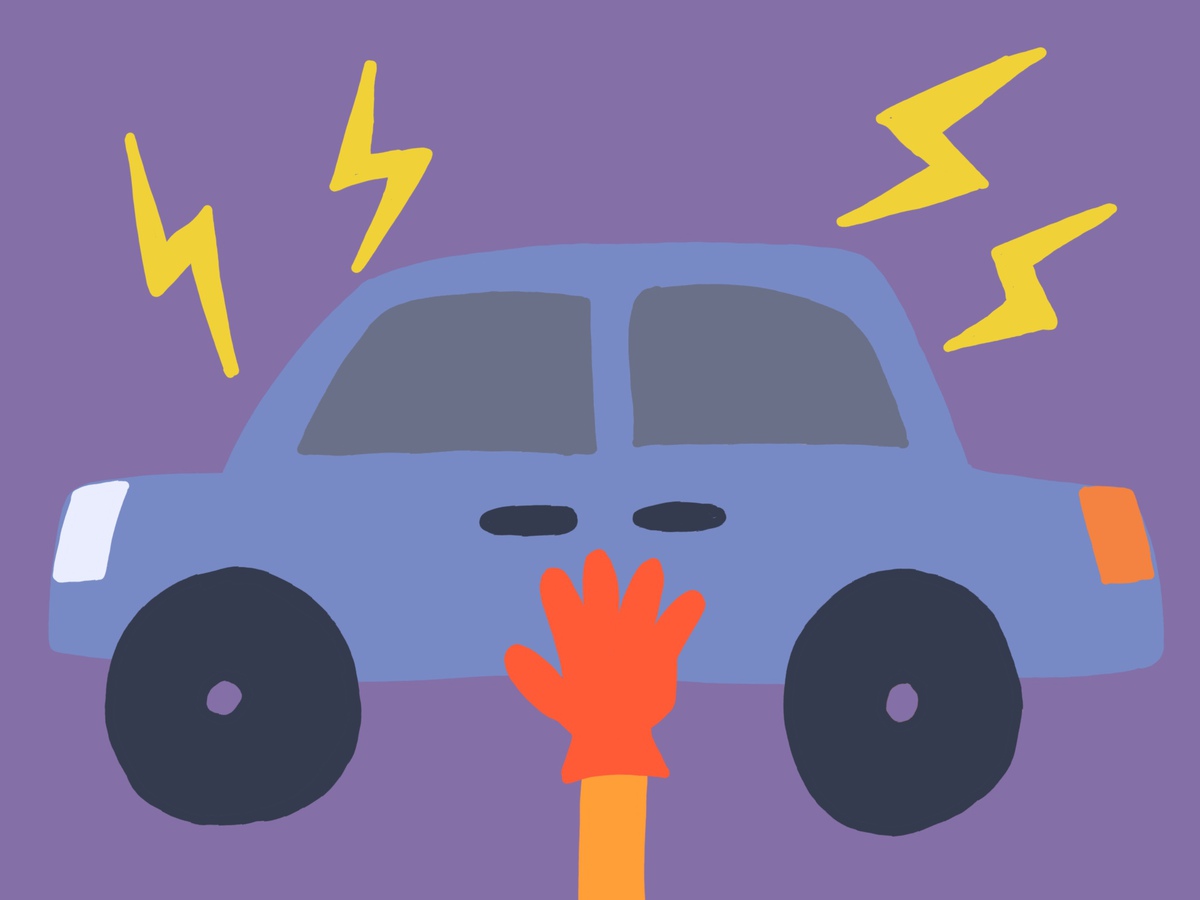The City of Austin is evaluating a recent opinion from the federal 9th Circuit Court of Appeals, which ruled that prosecuting people for sleeping on the streets is unconstitutional because it amounts to cruel and unusual punishment.
Under Austin City Code Section 9-4-14, commonly referred to as the “No Sit/No Lie” ordinance, people in Austin currently experiencing homelessness can be ticketed, arrested and jailed for lying or sitting down in certain public spaces. The ordinance provides exceptions for medical emergencies and disabilities and allows police “broad discretion with regard to enforcement involving individuals with physical or mental health needs”.
“While not directly binding on Austin, the City is evaluating that opinion as part of its ongoing review of local laws that may affect individuals experiencing homelessness,” said Andy Tate, spokesperson for the City of Austin.
Though the court decision will not affect Austin directly, Austin City Council is aware of the recent ruling and is beginning to weigh changes to its ordinances, which primarily target the city’s homeless population.
Cities such as Houston, Dallas and San Antonio have similar ordinances that prohibit forms of sleeping or sitting in public spaces.
According to the Austin American-Statesman, the 9th U.S. Circuit Court of Appeals ruled in favor of six homeless people in Boise, Idaho, who sued the city in 2009 over a local ordinance that banned sleeping in public spaces. The court found that the city’s rule violated the U.S. Constitution’s 8th Amendment because it punished acts consequential of homelessness.
UT law professor Jennifer Laurin said that the impact of the 9th Circuit Court’s ruling on Austin could depend on available beds as alternatives to sitting or lying.
“Homeless individuals in Boise (had) no choice but to sit/sleep in public because on any given night there is not capacity for them to shelter elsewhere,” Laurin said in an email. “Given that it would not supply binding authority to sue (Austin), the ruling alone is unlikely to generate change without concerted political pressure.”
A city audit last year found the city ordinances did little to help Austin’s homeless population and that issuing such citations uses city resources with little measurable benefit and harms the people receiving them. The audit recommended to look at whether city ordinances should be revised or repealed.
Chris Harris, a data analyst at Grassroots Leadership, a civil and human rights organization, said criminalizing the activities people are forced into by being homeless does not curb or prevent homelessness.
“For years Austin has consistently had far more people experiencing homelessness each night than available shelter beds, effectively criminalizing sleep,” Harris said. “These ordinances help keep people homeless by saddling them with tickets and criminal histories that create barriers to housing, jobs and educational opportunities.”
Several philanthropic organizations on campus offer support for Austin’s homeless population. Areej Ahmad of Austin's Bright Future, which helps homeless people find support and resources such as jobs, said that she hopes Austin revises the ordinance in light of the court ruling.
“Homeless people should not be prosecuted for being homeless when it’s not even their fault,” mechanical engineering sophomore Ahmad said. “A solution would be to create laws that help homeless people be able to afford a house, or lower living costs and raise wages rather than punishing people for not being able to afford things.”





















